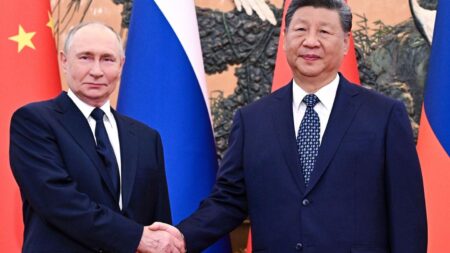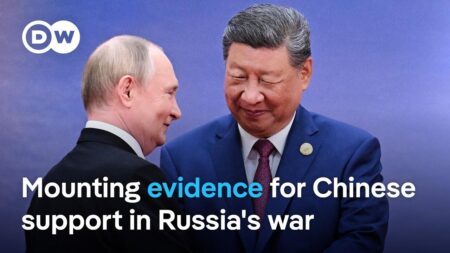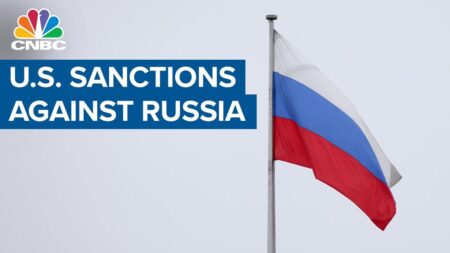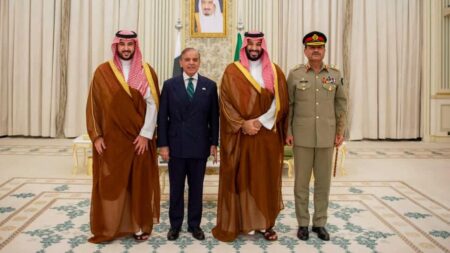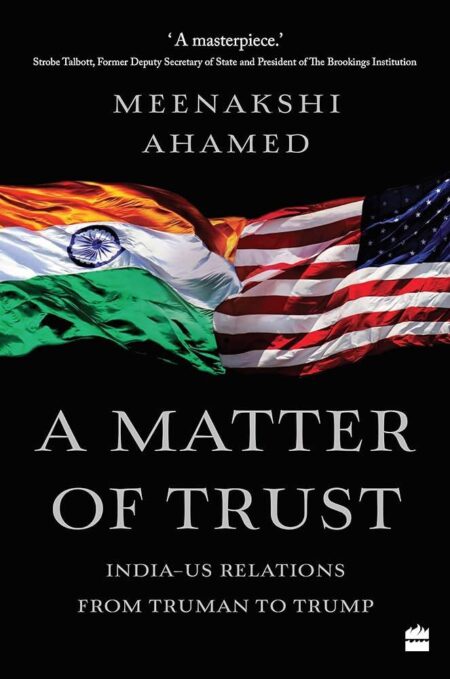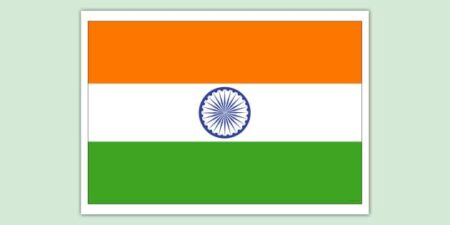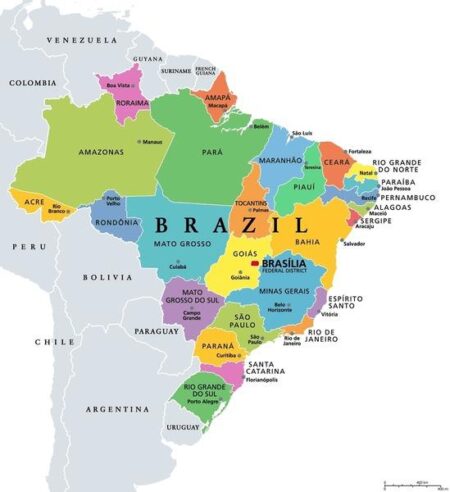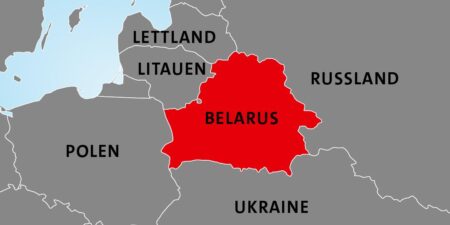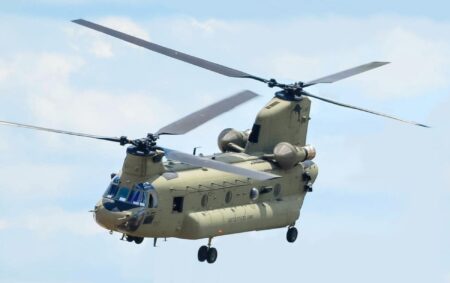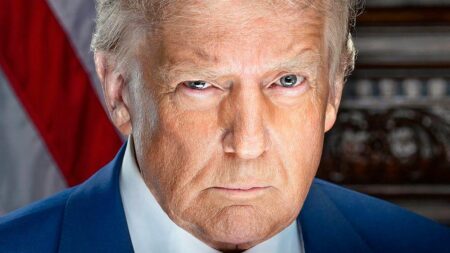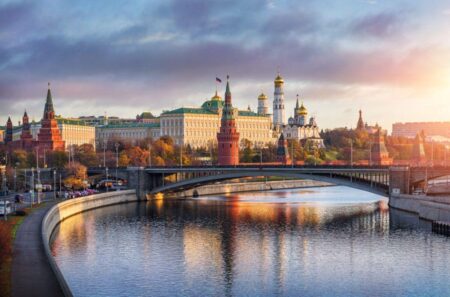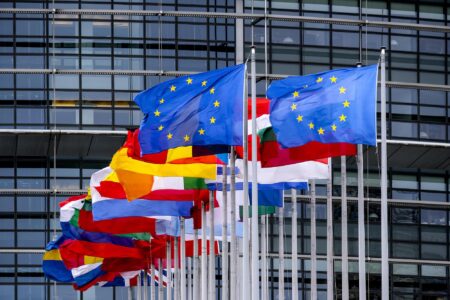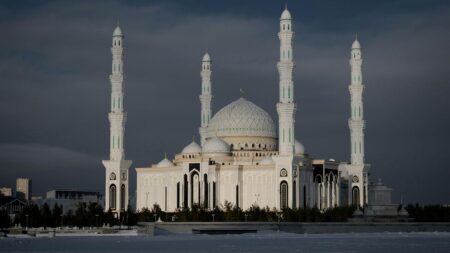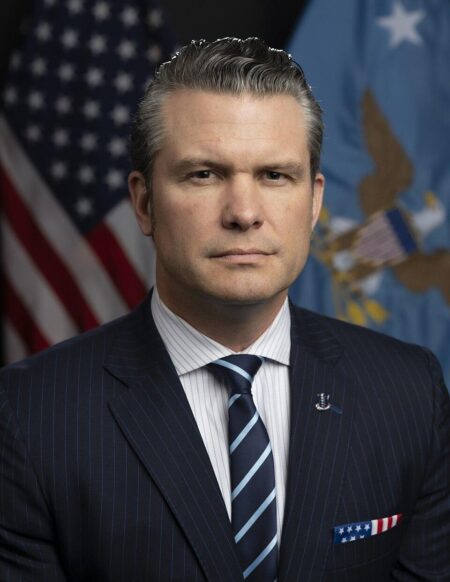In a bold and daring move, China directly challenged the U.S. on trade and security, exposing cracks in American diplomacy like never before. This high-stakes standoff signals a dramatic shift in global power, with Beijing confidently asserting its place at the center of the world stage
Browsing: Geopolitics
AP Exclusive: Russia and Vietnam are reportedly rerouting energy export profits in a clever bid to evade potential US sanctions tied to their arms deals, unveiling a strategic maneuver to outsmart international restrictions, according to sources
Europe has unveiled a bold new package of sanctions set to cripple vital sectors of Russia’s economy, intensifying pressure amid rising geopolitical tensions. These powerful measures target the core of Moscow’s financial power and energy assets
Saudi Arabia and Pakistan’s groundbreaking defense pact marks the dawn of a bold new era, forging stronger military ties and strategic unity that experts say could dramatically shift the balance of power across South Asia and the Middle East
France’s bold move to recognize Palestinian statehood has sparked a heated and passionate debate. Critics question the timing, suggesting hidden political motives amid shifting global landscapes, while supporters celebrate it as a vital and long-overdue step toward achieving lasting peace and justice
Amid warm praise for India, former President Trump sent mixed signals-celebrating the nation’s strengths while also bringing up past sanctions. This conflicting message raises new questions about his approach to foreign policy
India’s participation in Russian war games has complicated the EU’s ambitions to strengthen their partnership, casting a shadow over ongoing negotiations amid escalating geopolitical tensions, Financial Times reports
WATCH: Explore Germany’s intricate bond with Israel in this captivating Consortium News report. Discover the powerful political, historical, and cultural influences driving Germany’s unwavering support amid persistent regional challenges
Brazil stands firm in rejecting former President Donald Trump’s overtures, opting to focus on its own policies and regional ambitions. Officials emphasize a clear lack of interest in aligning with Trump’s political agenda
Belarus has thrown open a rare invitation to U.S. military officers to observe joint drills with Russia, signaling an unexpected moment of openness amid tense East-West relations. This daring gesture highlights Minsk’s careful balancing act as it maneuvers through the intricate challenges of regional security
FO° Talks explores the groundbreaking advancements in helicopter technology set to elevate India’s strategic capabilities, dramatically expanding its geopolitical influence across Asia and beyond. This innovation cements India’s position as a leading regional powerhouse
Former President Donald Trump urged NATO allies to immediately halt their purchases of Russian oil, emphasizing the critical need to weaken Moscow’s economy as tensions continue to rise. His call highlights the growing urgency for Europe to break free from its energy reliance
Barry Appleton raises a red flag on Canada’s fading sovereignty, as the U.S.’s “algorithmic empire” tightens its hold-igniting urgent questions about who really controls our data and digital world while American tech giants dominate Canada’s digital infrastructure
Russia appears to be steadily turning up the pressure on the West, making calculated moves that probe reactions without igniting open conflict. Experts warn this deliberate approach aims to advance Moscow’s goals while avoiding a full-scale confrontation
The Lowy Institute urges the UK to team up with the Indo-Pacific Four-Australia, India, Japan, and South Korea-to form a formidable new Quintet. This vibrant alliance aims to strengthen regional security and stand as a robust counterbalance to China’s expanding influence in the Indo-Pacific
Exclusive: The EU is set to slash its reliance on Russian gas in just one year, US energy chief Jennifer Granholm told Reuters, highlighting a swift and remarkable shift as Europe accelerates its drive toward energy diversification
South Asia is tense as escalating unrest in Nepal sparks serious concerns about the region’s stability. India is watching closely, while experts weigh in on the potential ripple effects for its own internal security
Russian wargames near NATO borders have sharply escalated tensions after a drone incursion into Poland, igniting widespread fears about regional security and intensifying urgent demands to strengthen alliance defenses, Bloomberg reports
Opinion | Analysts spotlight the China-led Shanghai Cooperation Organisation (SCO) as a dynamic force reshaping the global order, boosting regional stability, and sparking unprecedented cooperation amid rising geopolitical tensions
Fox News reports that Hegseth issued a striking warning to China during his first call following Xi Jinping’s military parade, urging heightened vigilance amid rising geopolitical tensions

